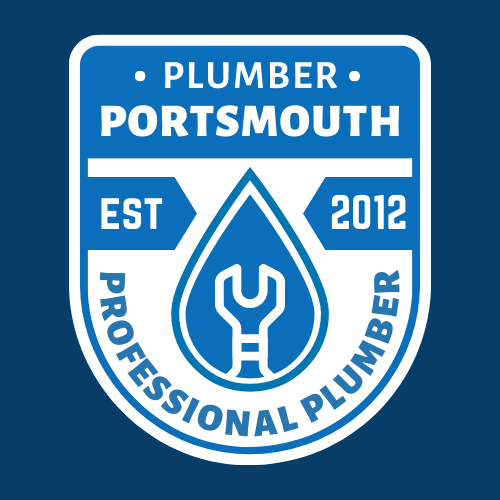How Much Energy Can You Save by Installing a New Boiler? (UK Guide)
If your boiler is more than 10–15 years old, there’s a good chance it’s costing you more than it should — both in energy bills and peace of mind. Upgrading to a modern, energy-efficient boiler can lead to big savings. But just how much could you save? Let’s take a look.
Why Older Boilers Are Inefficient
Many older UK homes still run on non-condensing boilers, which are far less efficient than modern systems. These older boilers often operate at 60–70% efficiency, which means up to 40% of the energy is lost through the flue as heat and gases.
In contrast, modern A-rated condensing boilers are typically 92–94% efficient, as they’re designed to capture and reuse heat that would otherwise escape. This means you get more heat for every pound you spend on gas.
How Much Could You Save?
According to the Energy Saving Trust, here’s how much the average UK household could save annually by upgrading to a modern A-rated condensing boiler with a programmer, room thermostat, and thermostatic radiator valves:
Property Type
G-Rated Boiler → A-Rated Boiler
Estimated Annual Savings*
Detached house
Up to £580
Semi-detached house
Up to £300
Mid-terrace house
Up to £180
Flat (mid-floor)
Up to £155
Savings vary based on usage, property insulation, and fuel prices. Figures assume heating with mains gas.
These are not just theoretical savings — they reflect real improvements in energy efficiency and reductions in gas usage. With gas prices having risen over recent years, the savings potential is even greater today.
Additional UK-Specific Benefits
- Lower carbon emissions: Heating is the biggest source of CO₂ emissions in UK homes. A new boiler can cut your household emissions by 1–1.5 tonnes per year.
- Smart heating compatibility: Most modern boilers are compatible with Hive, Nest, and other smart thermostats — letting you control heating more efficiently.
- Government incentives: While the Boiler Upgrade Scheme (BUS) is primarily aimed at heat pumps, there may still be local grants or energy efficiency programmes to support boiler replacement, especially for low-income households.
- Improved EPC rating: Replacing an inefficient boiler can improve your home’s Energy Performance Certificate (EPC) rating, which is beneficial when selling or renting.
Signs It’s Time to Upgrade
You should consider replacing your boiler if:
- It’s over 12–15 years old
- You’ve noticed rising energy bills without increased usage
- It struggles to heat your home evenly
- It makes frequent noises or breaks down regularly
- It’s rated below a C on the ErP efficiency scale
Upfront Costs vs Long-Term Savings
A new combi boiler typically costs between £2,000–£3,500 installed, depending on the brand and complexity of the job. While this is a significant investment, the long-term savings — potentially £150–£500 per year — can pay for the boiler over its lifespan. Not to mention, you’ll enjoy better heating control and fewer repair costs.
It’s All About Efficiency
If you’re serious about reducing your energy bills and carbon footprint, a new boiler is one of the most effective upgrades you can make. With the right installation and smart controls, you could cut your heating costs by up to 30–40%.
Need help deciding? Speak to a Gas Safe registered engineer for tailored advice and a quote — many installers offer free surveys. Your warmer, more efficient home might be just one upgrade away.
You might also like



